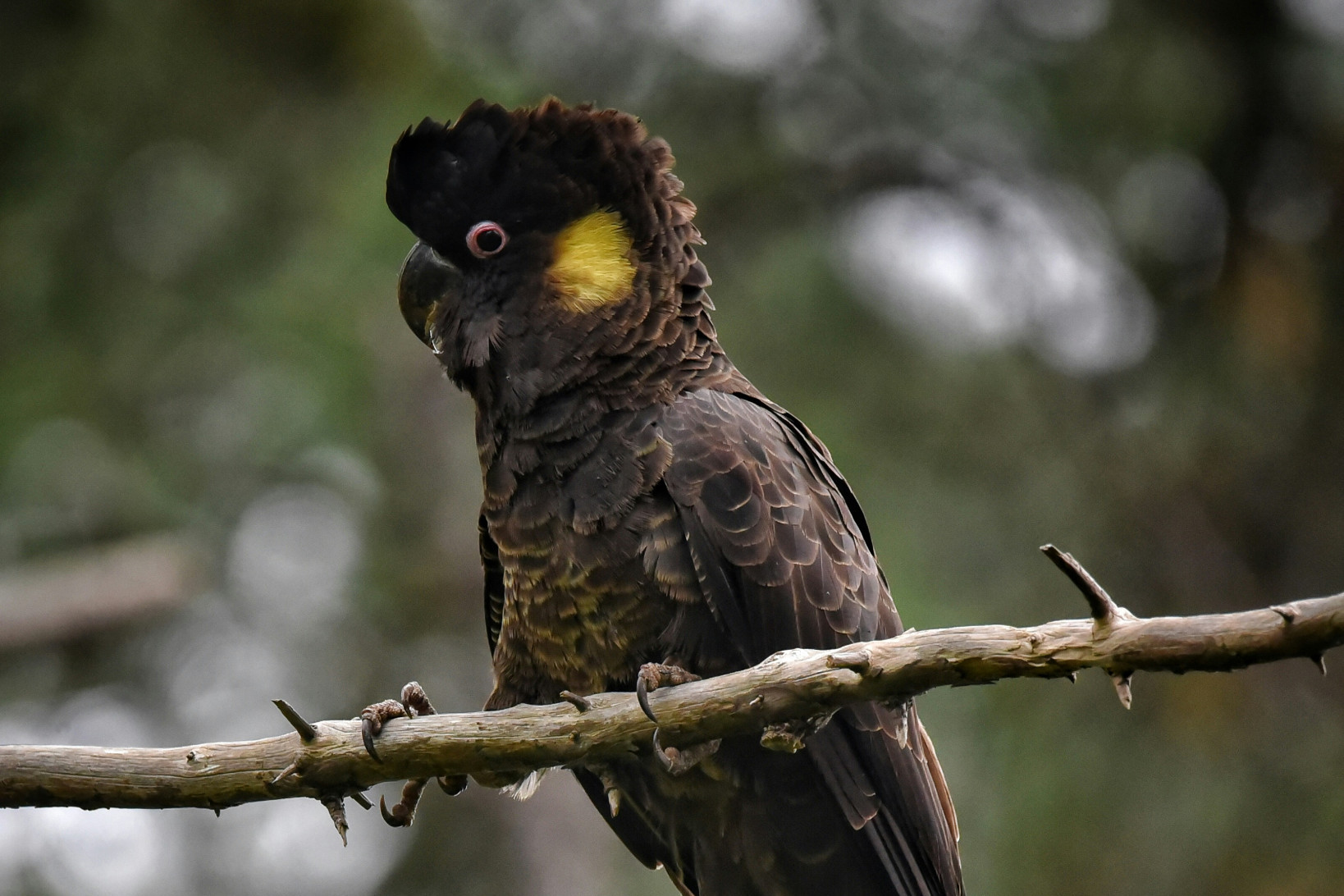General News
9 May, 2025
BARRY'S CORNER: Numbers down
There have been some observations about the lack of water birds on our waterways lately as – surprise! – they have mostly gone off to find more suitable work areas.

As we have seen, there have been enormous dumps of rain in Queensland with massive floods all over the place.
It seems that anywhere north of Sydney copped enough downfall to cover whole farms and many towns and villages.
Too bad for our region: we could have made use of only 25mm or so and up north they would not have missed it in the slightest.
The waterbirds have headed north and left only a few stragglers.
Somehow the birds have found there is more water happening in Queensland.
Waterways such as Lake Albacutya in the Victorian Mallee have been dry for decades and getting
water into this great area is going to be a challenge.
West Wimmera is renowned as prolific wetlands and it takes a bit of effort from rainfall patterns to give the lakes a kick along.
The mystery of bird migrations is how they know where to go and what should the timing be like.
Sometimes they will move off even before it rains in another part of the country and it will have
rained by the time they arrive.
Its remarkable for species without the use of a GPS or maps.
If your district is suddenly missing native hens, stilts and seagulls you might find them in the Channel
Country of western Queensland.
It is a terrific area to look for birds but it can be frustrating because the low shrubby bushes surrounded by water mean you might need a canoe.
Lake Eyre is a broad open water with limited scope for getting close to any flocks.
There is a similar migration movement shorebirds complete every year as they fly to the Northern Hemisphere.
Other species generally found further inland are reliant on some kind of water such as creeks, lakes or ponds so confine themselves to mainland Australia but they do follow the rain.
Magpies, ravens, wrens and parrots stick around for the year.
Gang-gangs amd yellow-tail black cockatoos simply move short hops higher up the hills.
It makes winter in western Victoria much quieter.
Keeping watch on the water-holding sites in the region needs a regular count of any bird.